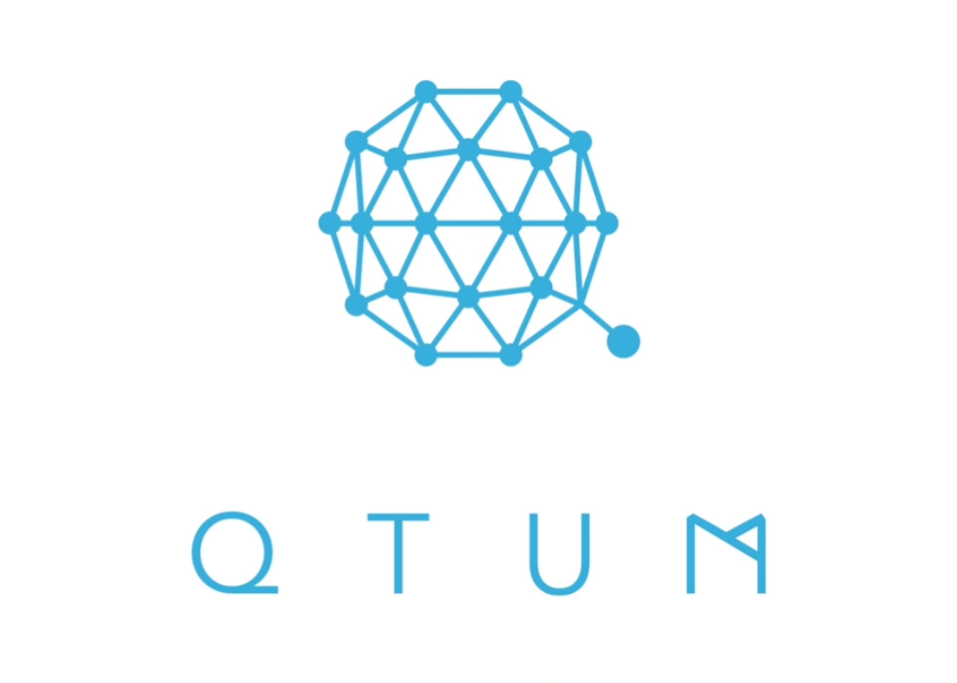 BLOCKCHAIN
BLOCKCHAIN
 BLOCKCHAIN
BLOCKCHAIN
 BLOCKCHAIN
BLOCKCHAIN
Open-source public distributed ledger blockchain platform the Qtum Foundation announced Thursday the launch of Unita, a blockchain protocol built for enterprise environments.
With Unita, businesses can securely store data and automate information transfer processes at speeds in excess of 10,000 transactions per second. “Speed and customization are two of the main barriers for enterprises looking to adopt blockchain technology,” said Miguel Palencia, chief information officer at Qtum.
Blockchains operate by securing transactions in a cryptographic ledger that resists tampering by distributing trust between multiple parties. Qtum’s ledger uses a specialized and highly scalable consensus algorithm called SCAR to achieve its high speed and easy customization.
Qtum believes that SCAR, and its ability to dynamically change parameters on the fly, sets its blockchain apart for enterprise solutions.
With blockchain technology, businesses can automate the insertion of data into ledgers. That enables them to track things such as the movement of materials through a supply chain, including as food, minerals and pharmaceuticals with the provenance of documents, monetary payments and even securities trading.
The blockchain itself provides a secure and transparent way to provide information about past transaction chains and also makes it easier to provide proof of compliance for regulations and access to third-party audits. Many implementations can also do this without revealing sensitive information to auditors while still verifying adherence to regulation.
“By bridging a novel, scalable consensus algorithm with smart contract technology and tools familiar to developers, we strive to make blockchain accessible for enterprises to easily and effectively deploy,” said Palencia.
Features of Unita include one-click deployment, cross-chain trading for multiple blockchains and additional developer-based modules designed to allow software engineers to rapidly build blockchains customized for purpose.
According to Qtum, users of Unita will be able to store private data on a permissioned, private chain and then transfer necessary data to Qtum’s public network without revealing secret or sensitive data, while still taking advantage of the high-speed transfer rate of the protocol.
Support our mission to keep content open and free by engaging with theCUBE community. Join theCUBE’s Alumni Trust Network, where technology leaders connect, share intelligence and create opportunities.
Founded by tech visionaries John Furrier and Dave Vellante, SiliconANGLE Media has built a dynamic ecosystem of industry-leading digital media brands that reach 15+ million elite tech professionals. Our new proprietary theCUBE AI Video Cloud is breaking ground in audience interaction, leveraging theCUBEai.com neural network to help technology companies make data-driven decisions and stay at the forefront of industry conversations.